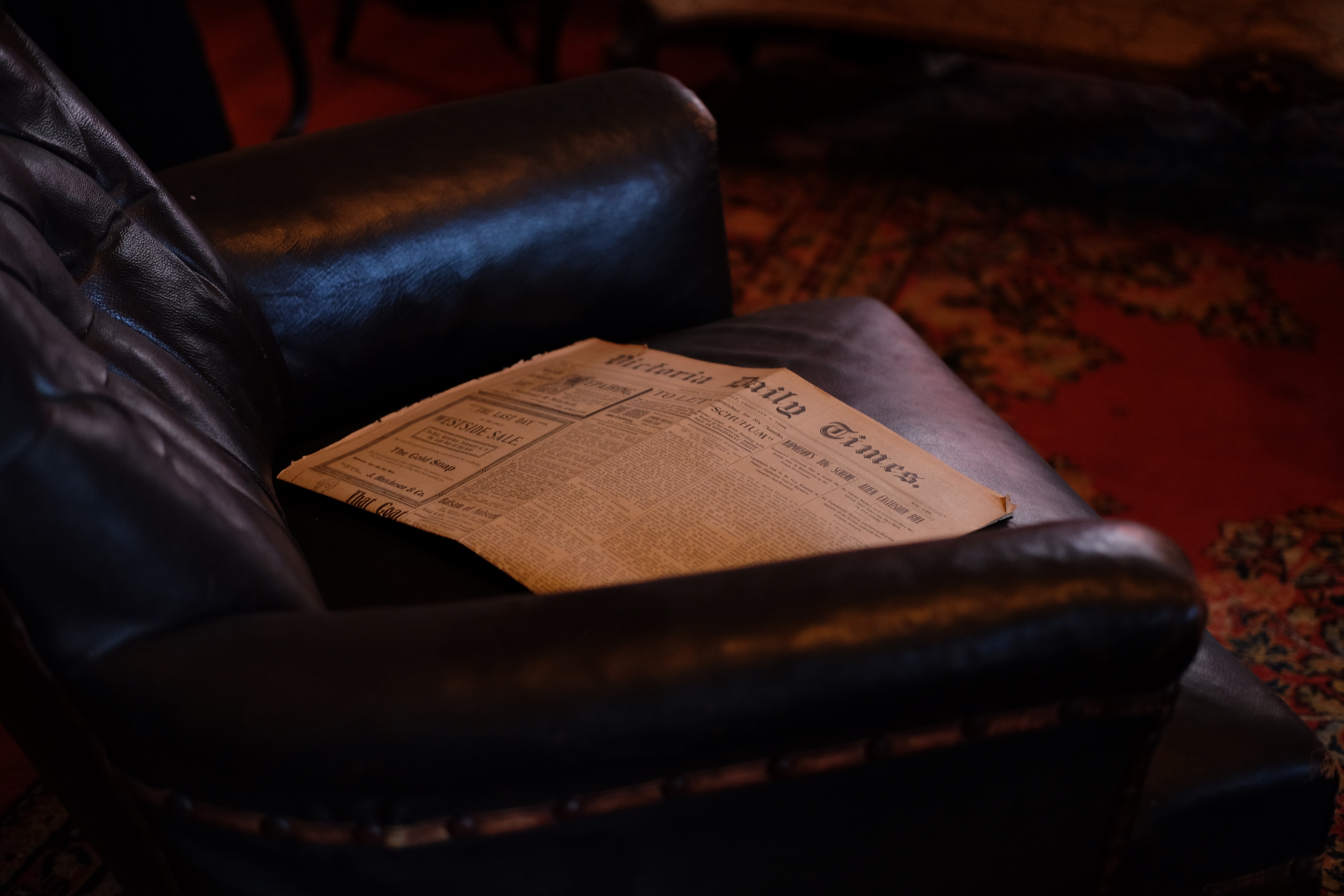In the December 20, 1873 issue of the Daily British Colonist, the newspaper that served the city of Victoria, British Columbia, the “Second Annual Report of the Superintendent of Education for the Year Ending July 31st, 1873” is published, providing the community with insight regarding multiple topics of concern of the Public School Board. Among the items addressed in this article is the subject of female teachers. Through the analysis of the annual report, it is evident that the Superintendent possessed an optimistic and progressive attitude towards the future of the education system in both Victoria and the province of British Columbia. Despite the primitive acceptance of women in higher education and the public workforce during the 19th century, the Superintendent presents a positive and inclusive attitude towards female educators, acknowledging the unique assets and encouraging the employment of women. According to the Superintendent, who is unnamed but presumable male, “It is a generally conceded fact that female teachers, as a rule, possess greater aptitude for communicating knowledge, and are usually better disciplinarians, especially among young children, than males.” [1] He continues, “Woman’s mission is prominently that of an educator. Her softening, refining, and elevating influence contributes largely to the success in the school-room.” [2] Through the analysis of the superintendent’s positive acceptance of female teachers, including his statement: “I feel no hesitancy in stating… that Trustees would advance the best interests of the rising generation by securing the services of efficient female teachers whenever and wherever they can be obtained,” [3] it is evident that he possessed a progressive attitude towards women in the education field as the ideology of separate spheres for men and women was widely accepted at the time of publication and well into the 20th century. As a figure of influence in the community, the viewpoints that the Superintendent shared in this annual report would have been beneficial in introducing parents and educators to the concept of female teachers, which was “rapidly increasing” [4] in “the Eastern Provinces and Great Britain.” [5] Nonetheless, it is likely that the remarks made by the Superintendent were not without criticism and resistance on the count of the fear of deviating from what was considered to be the socially acceptable place for the woman — in the home.
In addition to the authorship, the means of publication provides valuable information with regards to the purpose of this article. Published in a newspaper, the Annual Report of the Superintendent was available to all Victoria residents with access to the Daily British Colonist. As a result, it is likely that a wide range of individuals, who were both affected and unaffected by the public school system, read this report. Instead of publishing the report independently or relying on an Annual General Meeting to communicate the topics covered in the Annual Report [6], which may have limited the access of information to individuals directly involved with the education system, whether as students, parents, or teachers, the report is published in the daily Saturday newspaper, thereby making the progress of the school system a community affair rather than exclusive information. Furthermore, the variety of topics covered in the report, in addition to female teachers, including “inadequacy of teachers salaries,” [7] “uniformity in teaching,” [8] and “compulsory education,” [9] would have increased the likelihood of readers taking interest in the report as it appeals to many areas of concern.
The Superintendent maintains a positive attitude throughout the Annual Report, encouraging an optimistic idea of the future of education in the City of Victoria. Although it can be inferred that all of the findings and opinions of the Superintendent were not positively received by all readers of the Daily British Colonist, on the grounds of traditional attitudes towards a variety of issues, including gender roles, this report clearly communicates forward thinking ideas to the general public in a manner that is easily accessible. In his conclusion, the Superintendent states, “Although one-eighth of our school population is not yet deriving any benefit from free public school education… the tangible improvement brought about during the past year leads us confidently to hope that… educational facilities will soon be brought within reasonable distance of every household in the Province.” [10] During a time period that was crucial to the rise of what is considered to be the modern education system, the determination displayed by the Superintendent to create a positive educational experience for all encourages the community to adopt a positive attitude towards education for children, thereby increasing the likelihood of longevity of the public education system in the area.
Although the “Second Annual Report of the Superintendent of Education for the Year Ending July 31st, 1873” provides only a brief glimpse of the advancements that took place over the course of the year, it is evident that progress was being made during this era to create a more accessible and inclusive education system. By encouraging the hiring of female teachers, the Superintendent demonstrates a progressive attitude, which challenges the socially constructed ideals of gender roles of this time period. As the newspaper was easily accessible, the information provided by the Superintendent would have been read by many, thereby introducing the public to his outlook and inspiring them to consider a progressive attitude towards the future of the public education system.
[1] Daily British Colonist, 20 December 1873, 2.
[2] Ibid.
[3] Ibid.
[4] Ibid.
[5] Ibid.
[6] Information regarding an Annual General Meeting is not provided in the newspaper article; however, it is possible that an official meeting was held. We cannot assume that there was not an Annual General Meeting.
[7] Daily British Colonist, 20 December 1873, 2.
[8] Ibid.
[9] Ibid.
[10] Ibid.
You can access this issue of the Daily British Colonist here.
